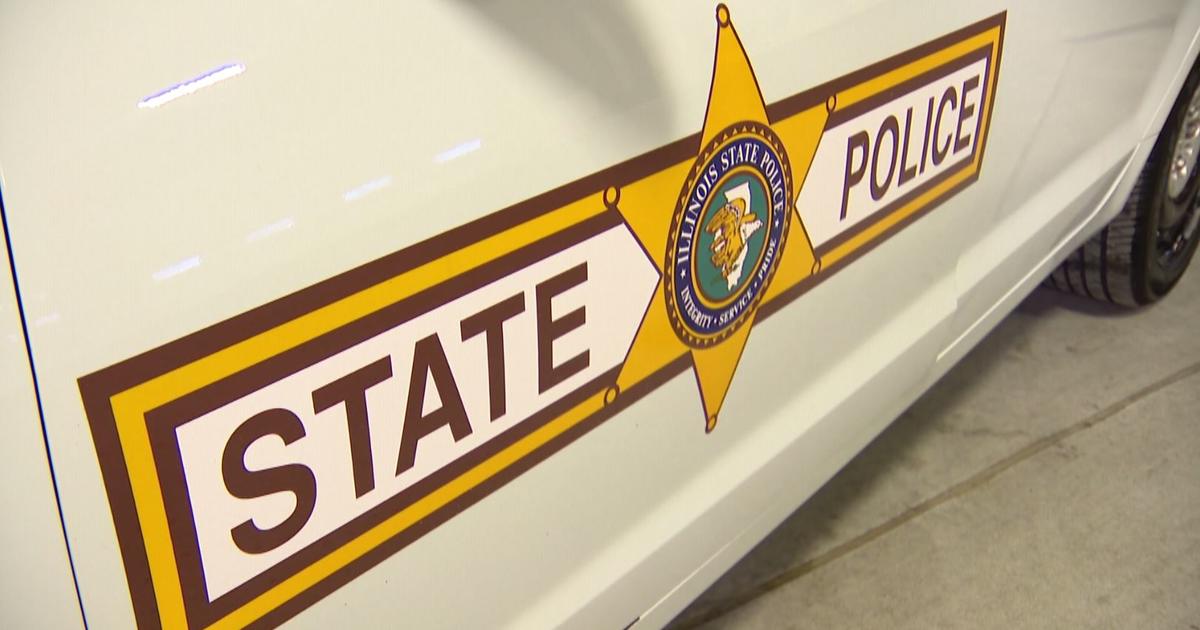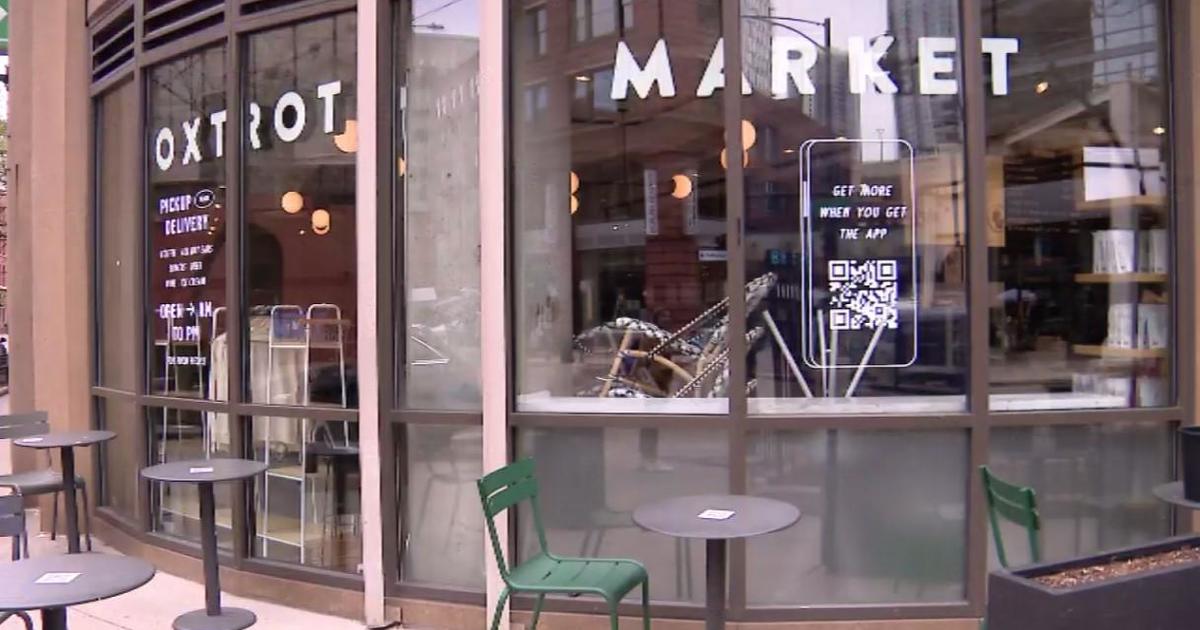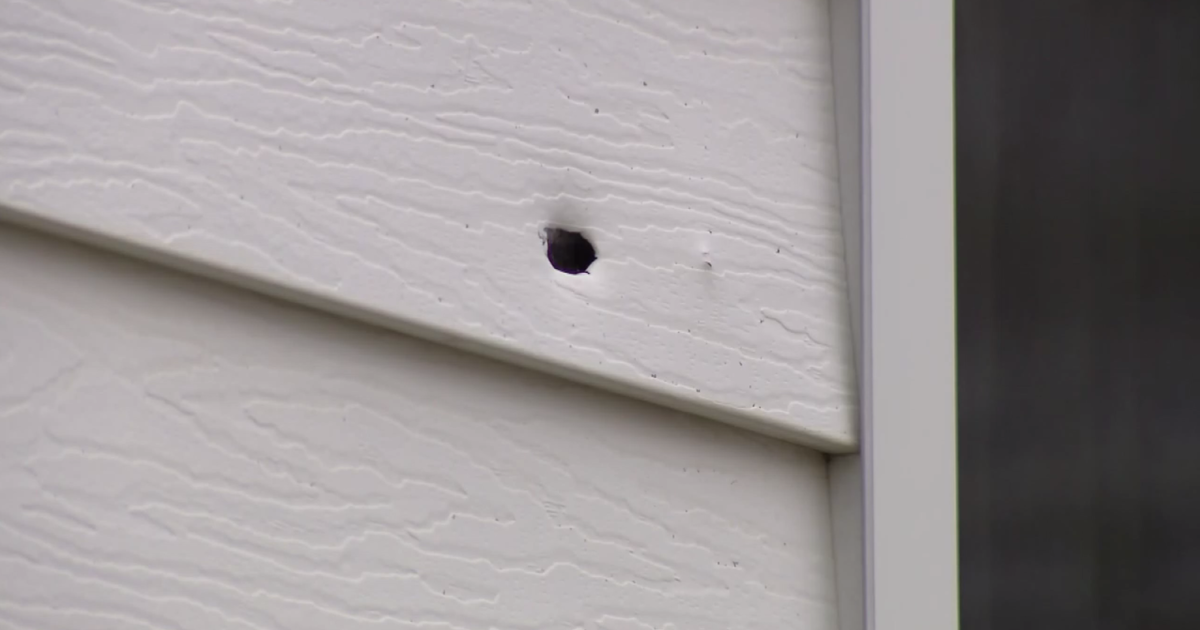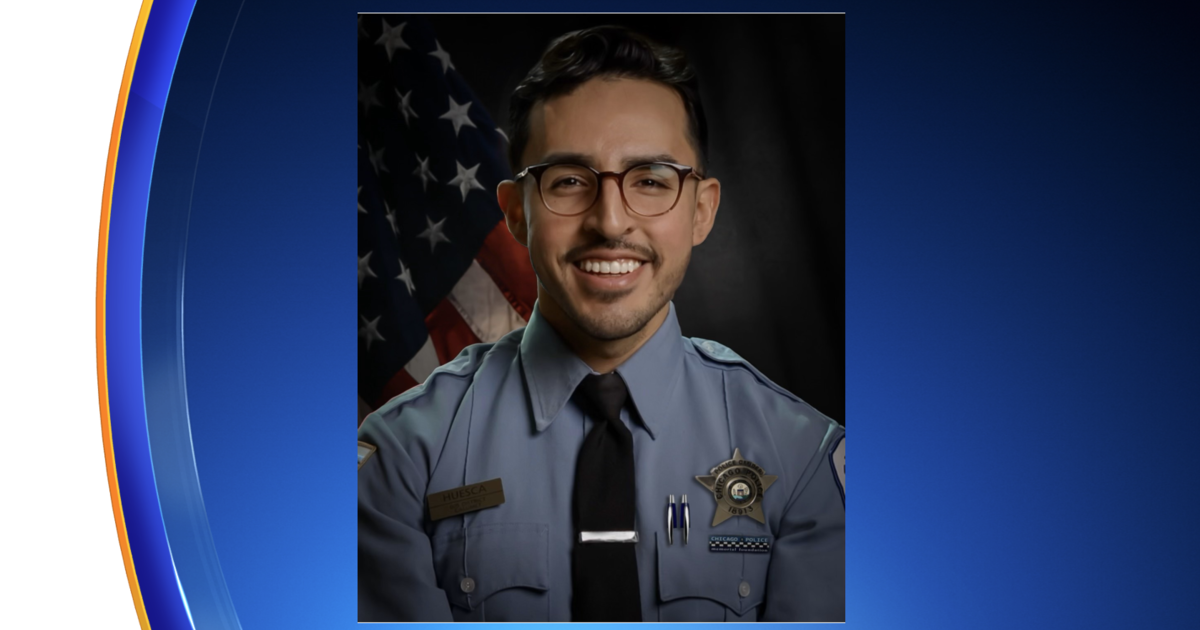Close Call After Close Call As Drivers Fail To Yield To Roadside Workers
Chicago (CBS) -- Roadside workers are getting hit, even killed. But CBS 2's Tara Molina found Illinois drivers still aren't taking notice, even with a law in place to protect the people at risk.
It's a law drivers break every time they see flashing lights and don't slow down or move over.
Close call after close call - we're told there isn't a roadside worker in Illinois who hasn't had one.
"A lot of the time, it's just drivers not paying attention," Lieutenant Colonel Byrd said. "We just don't want them to get struck and killed."
You can see it for yourself within just minutes on the Dan Ryan.
Ten Illinois State Police troopers alone were hit by drivers in the past two months.
Just weeks ago, a trooper was injured in a crash on the South Side. Exactly month before that, state trooper Chris Lambert lost his life. The 34-year-old army veteran was taken from his growing family by a driver who broke the same law drivers today are breaking.
Commonly known as the "Move Over" Law, it requires all drivers slow down and move over when they approach any vehicle on either side of the road with lights flashing.
In Illinois, it's Scott's Law, a tribute to Lt. Scott Gillen the Chicago firefighter hit and killed 19 years ago by a drunk driver who didn't move over so Gillen could do his job.
Lieutenant Colonel Byrd said that day, that scene is still fresh in his mind. But, it keeps happening.
"Now, 19 years later, I'm still dealing with it," Byrd said.
With more than twice as many tickets issued this year than the same time frame last year.
"Motorists should think that way," Byrd said. "I better move over because I would want someone to do that for me if I was stranded on the side of the road."
There's a range in penalties, but breaking the law can mean up to $10,000 in fines, even a suspended license.



